Doubts can feel like heavy weights, dragging you down just when you’re ready to soar. That inner voice whispering, “You’re not enough,” or “What if you fail?” can stall your dreams, leaving you stuck in hesitation. But here’s the spark: resilient thinking is your power tool to overcome doubts, turning setbacks into springboards for growth.
This isn’t about ignoring fears—it’s about building a mindset that thrives through them, unlocking a life of confidence and impact. Welcome to your resilience toolbox, packed with six science-backed keys—self-awareness, relationships, problem-solving, optimism, adaptability, and reflection—to overcome doubts and shine.
With neuroscience and practical steps, we’ll ignite your motivation, joy, and connection, making you eager to return for more. Ready to build success with mental discipline for success? Let’s open the toolbox and start crafting resilient thinking!
Opening the Toolbox
Imagine a life where doubts don’t stop you—they fuel you. That’s the promise of resilient thinking, your mental toolkit to overcome doubts and chase your goals with unshakable confidence. You might feel overwhelmed, second-guessing your next step or shrinking from risks.
That’s normal—your brain’s amygdala flags uncertainty as danger, holding you back. But neuroscience shows bold action sparks dopamine, lighting up your motivation to grow. This toolbox isn’t just tips—it’s your guide to resilient thinking, blending brain science with actionable keys to transform doubt into strength. Let’s dive in, pick up your first tool, and start building a mindset that conquers anything!
💪 Core Pillars of Resilience
Tool 1: Self-Awareness and Self-Care
Resilient thinking starts with knowing yourself—your emotions, triggers, and needs. Self-awareness, paired with self-care, is a success accelerator that calms the amygdala, reducing stress and boosting serotonin for calm confidence.
You might feel frazzled, skipping sleep or neglecting hobbies, but prioritizing well-being—like eating well or relaxing—rebuilds your mental strength. Studies show consistent self-care improves emotional regulation by 20%, grounding you to overcome doubts.
- Check In Daily: Spend 5 minutes noting your emotions: “What’s driving me today?”
- Care Routine: Schedule one self-care act daily, like a walk or healthy meal.
- Track Well-Being: Weekly, ask, “Am I feeling balanced?” and adjust.
This tool builds stability, making resilient thinking your foundation for personal change.
Tool 2: Positive Relationships and Social Support
Strong connections are your lifeline for resilient thinking, releasing oxytocin to foster trust and help you overcome doubts. You might feel isolated during tough times, but a supportive network—friends, family, or groups—reminds you you’re not alone. Neuroscience confirms social bonds reduce stress by 25%, buffering adversity. Building these ties means showing up authentically, listening, and sharing.
- Connect Weekly: Reach out to one person with a heartfelt message.
- Join a Group: Monthly, engage in a support circle, like a hobby club.
- Express Gratitude: Thank one supporter weekly to deepen bonds.
This tool creates a web of trust, powering resilient thinking with community.
Tool 3: Problem-Solving and Goal Setting
Resilient thinking thrives on action—effective problem-solving and clear goals spark dopamine, giving you control to overcome doubts. You might feel paralyzed by challenges, but breaking them into manageable steps builds confidence. Neuroscience shows goal-setting activates the prefrontal cortex, improving focus by 15%. Set achievable targets, like “Learn one skill this month,” to feel unstoppable.
- Solve Daily: Tackle one small issue with a plan, like “Organize my desk.”
- Set Goals: Write one goal monthly, breaking it into 3 steps.
- Track Wins: Note one progress point weekly, like “I solved a conflict.”
This tool fuels motivation, making resilient thinking a driver of personal change.
Tool 4: Optimism and Self-Belief
A positive outlook and belief in yourself are joy-sparking tools for resilient thinking, flooding your brain with endorphins to overcome doubts. You might dwell on negatives, but optimism—paired with confidence—rewires your brain’s reward system, boosting perseverance. Studies show optimists recover from setbacks 30% faster, thanks to dopamine surges. Tell yourself, “I’ve got this,” and watch doubts fade.
- Affirm Daily: Say, “I can handle this,” each morning.
- Reframe Weekly: Turn one negative into a positive, like “This setback taught me.”
- Celebrate: Cheer one win daily, like “I stayed positive today.”
This tool ignites joy, making resilient thinking your spark for success.
Tool 5: Flexibility and Adaptability
Resilient thinking shines through flexibility—embracing change stabilizes your mind, boosting serotonin to overcome doubts. You might resist unexpected shifts, but adaptability, like adjusting plans after a setback, keeps you grounded. Neuroscience shows flexible thinking strengthens neural pathways, improving resilience by 20%. Being open to new paths fuels personal change.
- Adapt Daily: When plans change, say, “I’ll find a new way.”
- Experiment Weekly: Try one new approach, like a different routine.
- Reflect Monthly: Ask, “How did flexibility help me grow?”
This tool builds calm confidence, making resilient thinking a cornerstone of mental discipline for success.
Tool 6: Learning from Past Experiences
Reflecting on past challenges strengthens resilient thinking, releasing oxytocin as you trust your ability to overcome doubts. You might avoid revisiting tough times, but journaling or talking about them reveals your strengths. Neuroscience shows reflection activates the default mode network, boosting self-awareness by 15%. Learning from mistakes builds confidence for future wins.
- Journal Weekly: Write 5 minutes: “What did I learn from a past challenge?”
- Share Monthly: Discuss one lesson with a trusted friend.
- Apply Insights: Use one past lesson daily, like “Patience worked before.”
This tool fosters trust, making resilient thinking a powerful ally for personal change.
Sharpening Your Tools
Your toolbox is loaded—now let’s sharpen these tools with a daily plan to integrate all six for resilient thinking. Neuroscience shows combined habits amplify neural efficiency by 30%, making resilience second nature. This plan blends motivation (dopamine), stability (serotonin), trust (oxytocin), and joy (endorphins), keeping you hooked.
- Morning (5 minutes): Affirm optimism: “I’m ready to grow.” Set one small goal.
- Midday (5 minutes): Practice self-care, like a quick stretch, and solve one issue.
- Evening (5 minutes): Reflect on a past lesson and journal emotions.
- Weekly Boost: Connect with a supporter and try a new, flexible approach.
- Monthly Check: Ask, “Am I more resilient?” Celebrate progress.
This plan, rooted in mental discipline for success, ensures resilient thinking drives personal change daily.
Tool Tips
Resilient thinking sparks dopamine through goal-setting, helping you overcome doubts with action. Try setting one small goal daily to build confidence.
Self-care boosts serotonin, stabilizing your mind for resilient thinking. Schedule one self-care act daily, like a walk, to overcome doubts with calm.
Connections release oxytocin, buffering stress for resilient thinking. Connect weekly with a supporter to overcome doubts through trust and community.
Yes! Optimism floods endorphins, powering resilient thinking to overcome doubts. Affirm daily, “I’ve got this,” to spark joy and perseverance.
Pick one tool, like reflecting on a past lesson, to spark resilient thinking. Journal 5 minutes tonight to overcome doubts with mental discipline for success.
Your Resilient Future
You’ve unpacked your resilience toolbox, ready to overcome doubts with resilient thinking that transforms challenges into triumphs. These six tools—self-awareness, relationships, problem-solving, optimism, adaptability, and reflection—are your keys to a confident, unstoppable life.
You’re not just surviving—you’re thriving, inspiring others with your strength. Start tomorrow: pick one tool, like a self-care act or an optimistic affirmation, and feel the rush of growth. Keep this toolbox close, because with resilient thinking, your future is limitless.
Come back for more, and let’s build your success together!


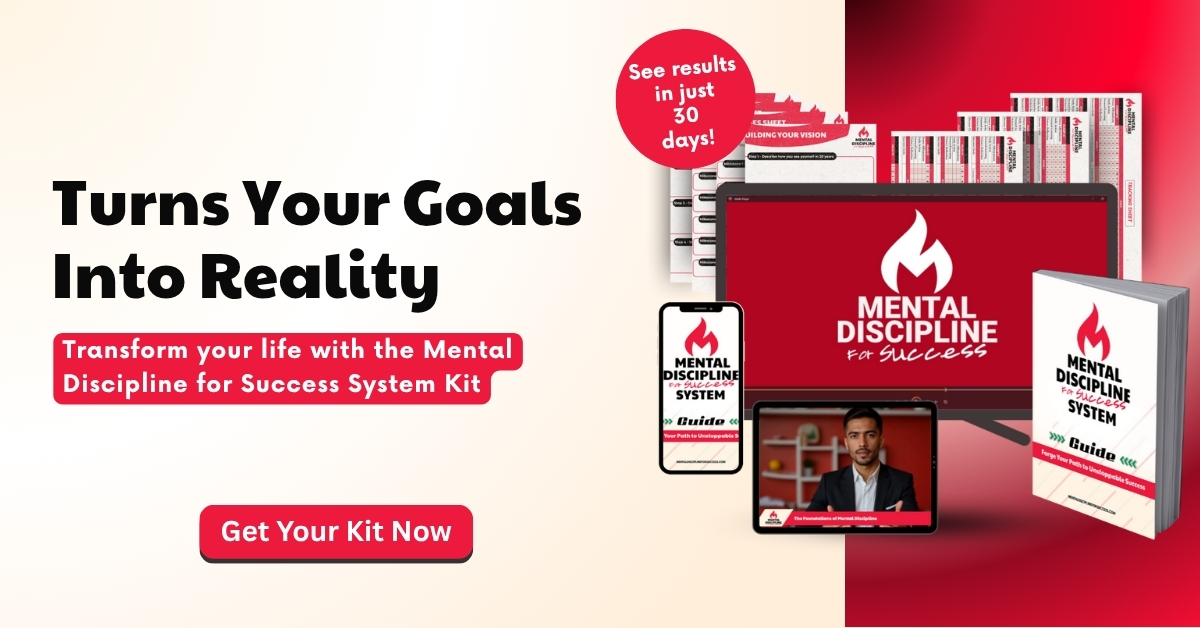
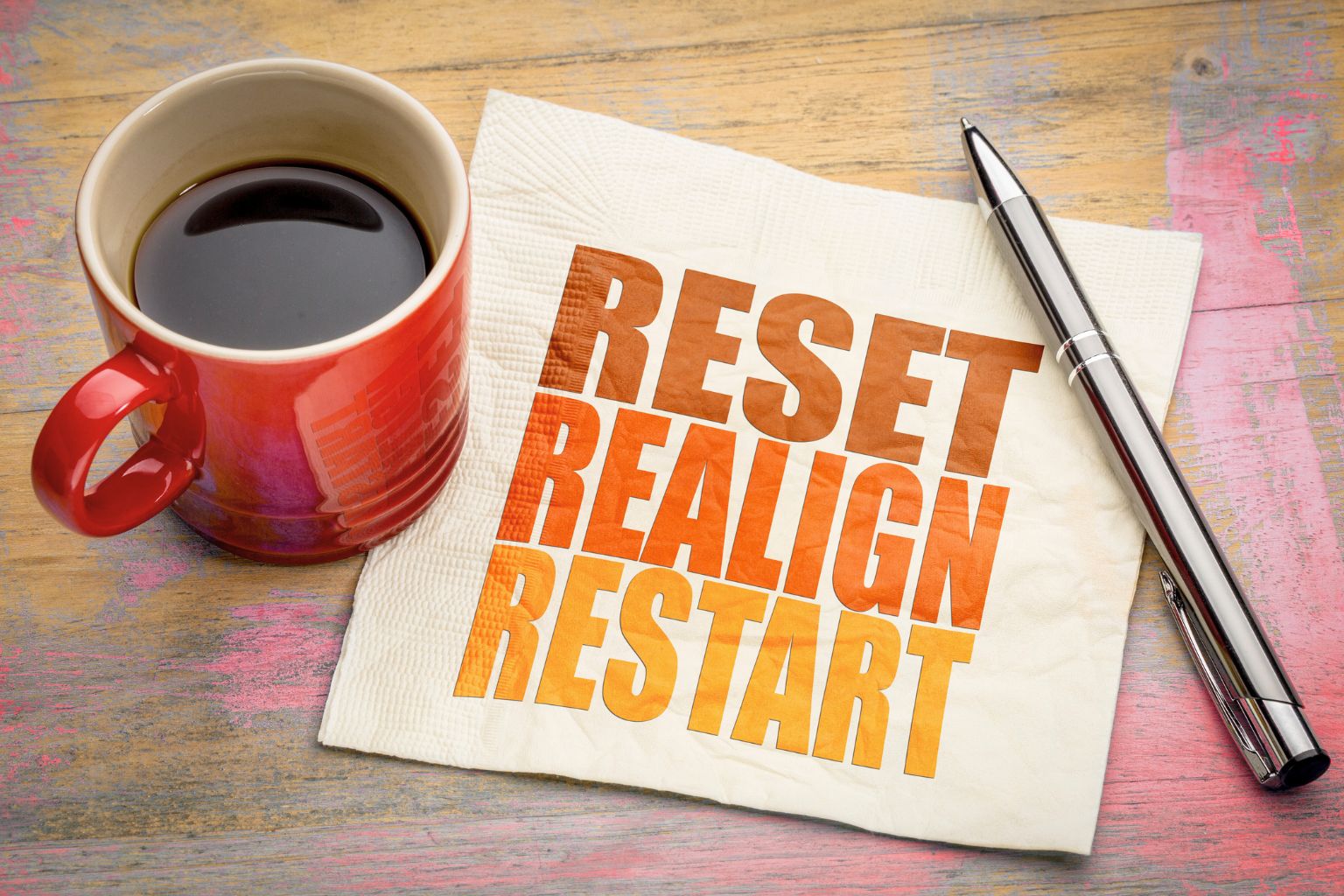




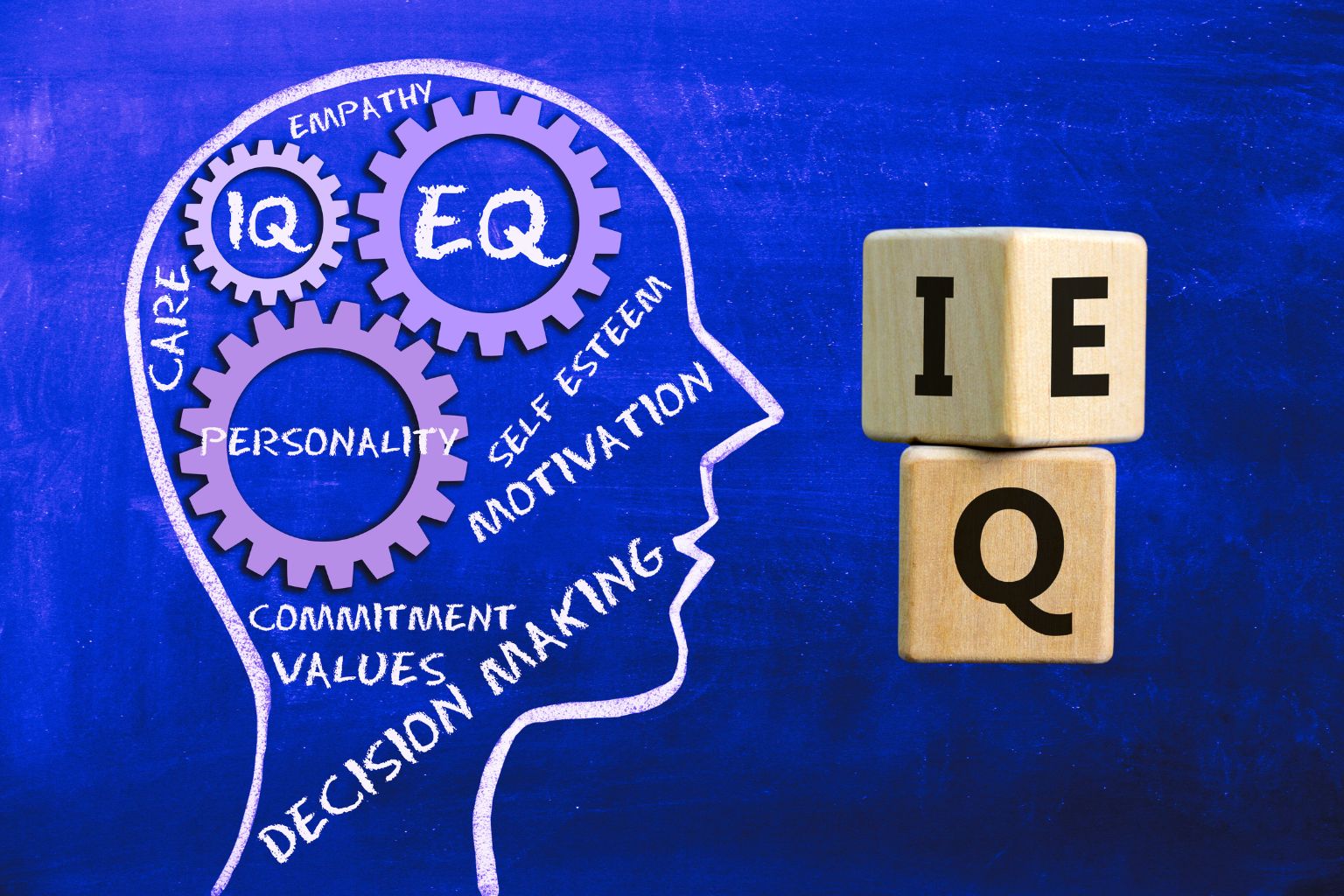

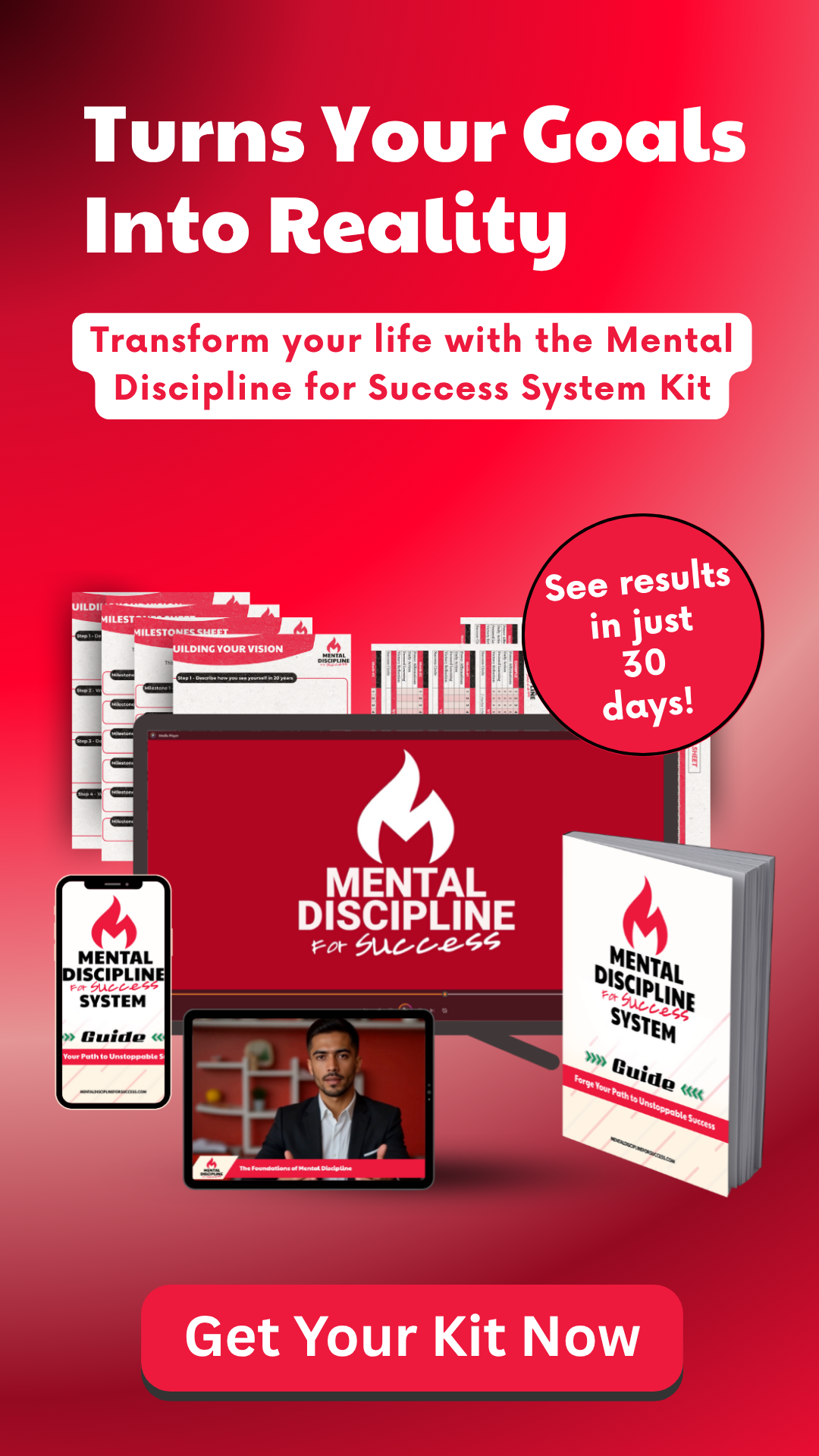
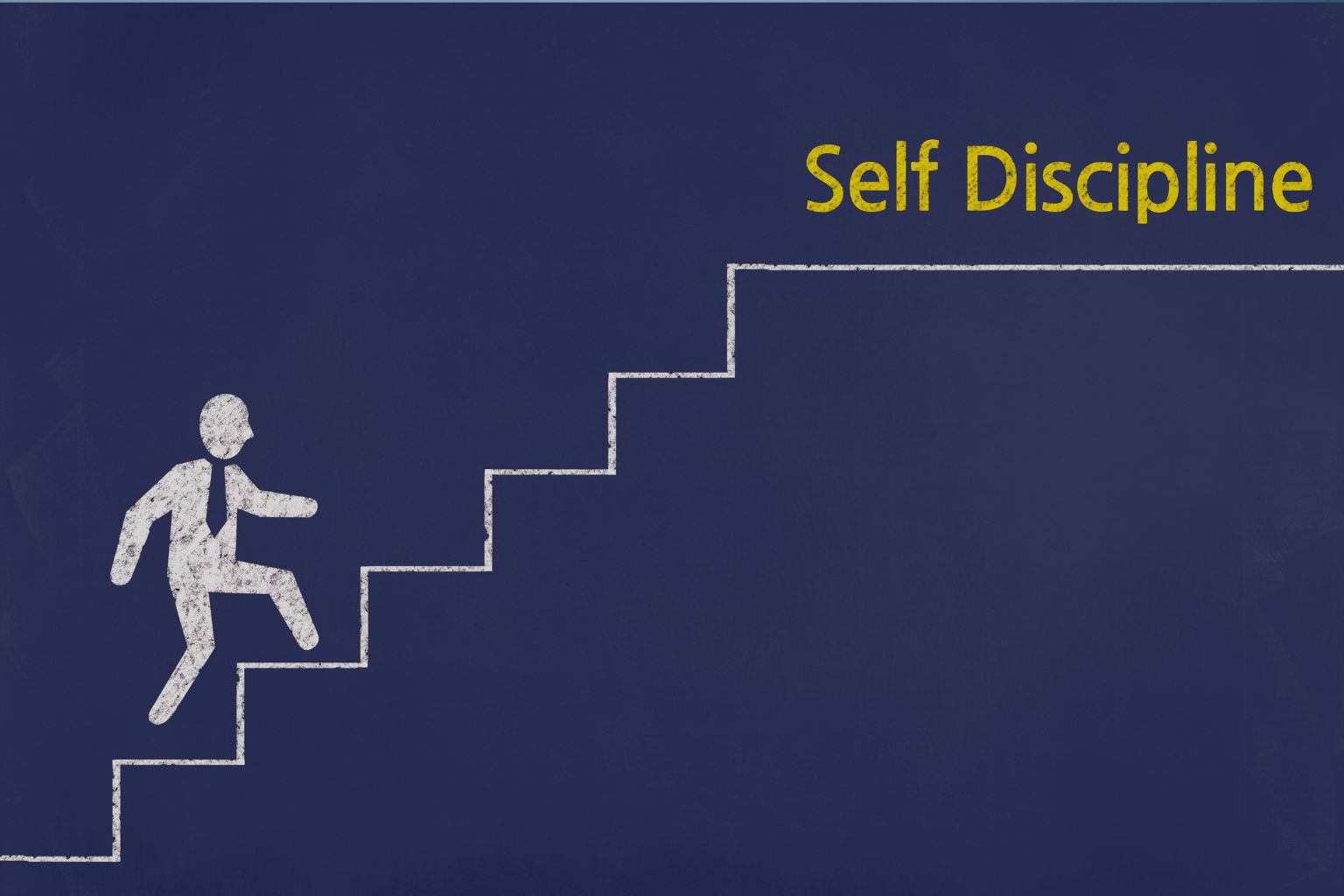

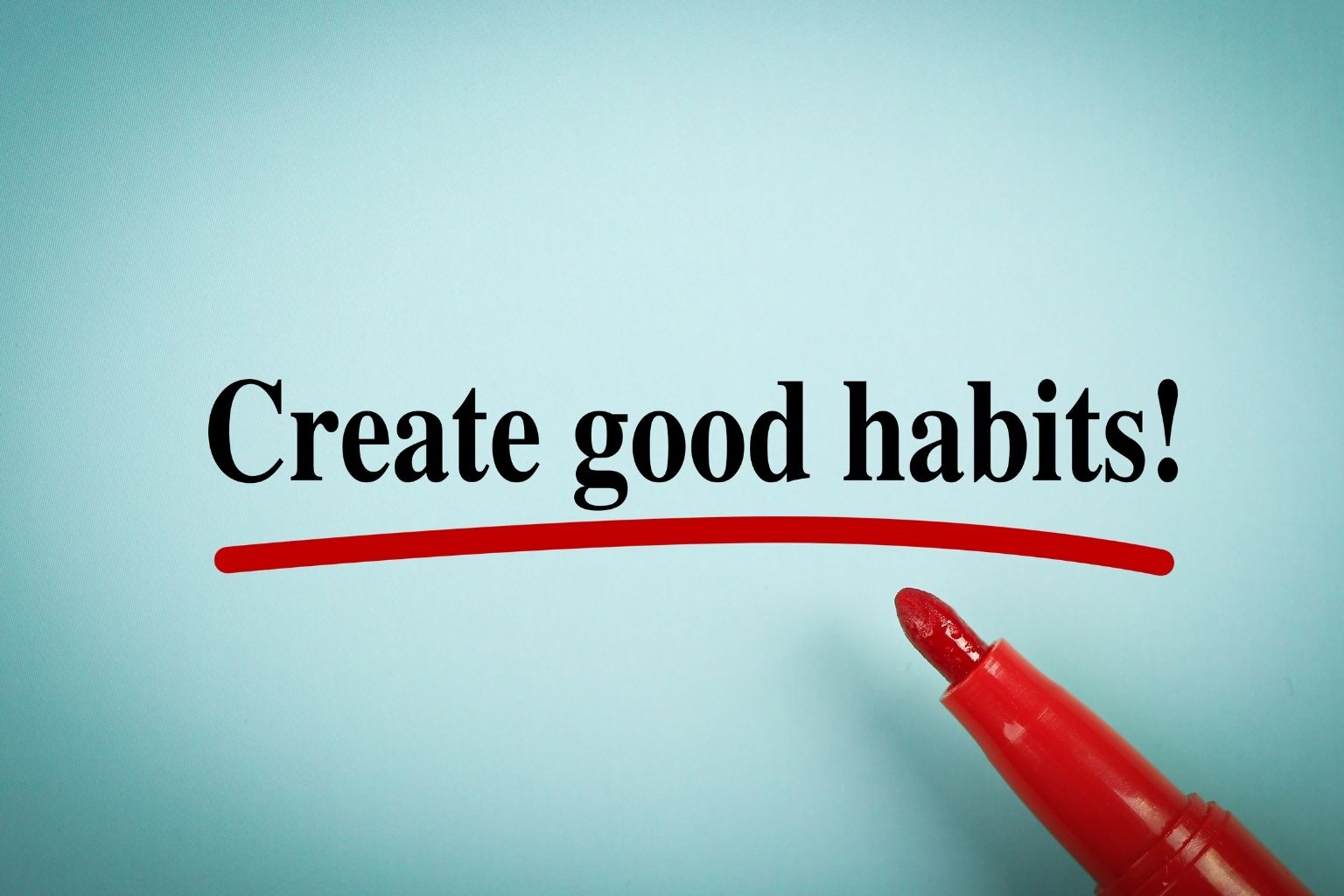



Share it!